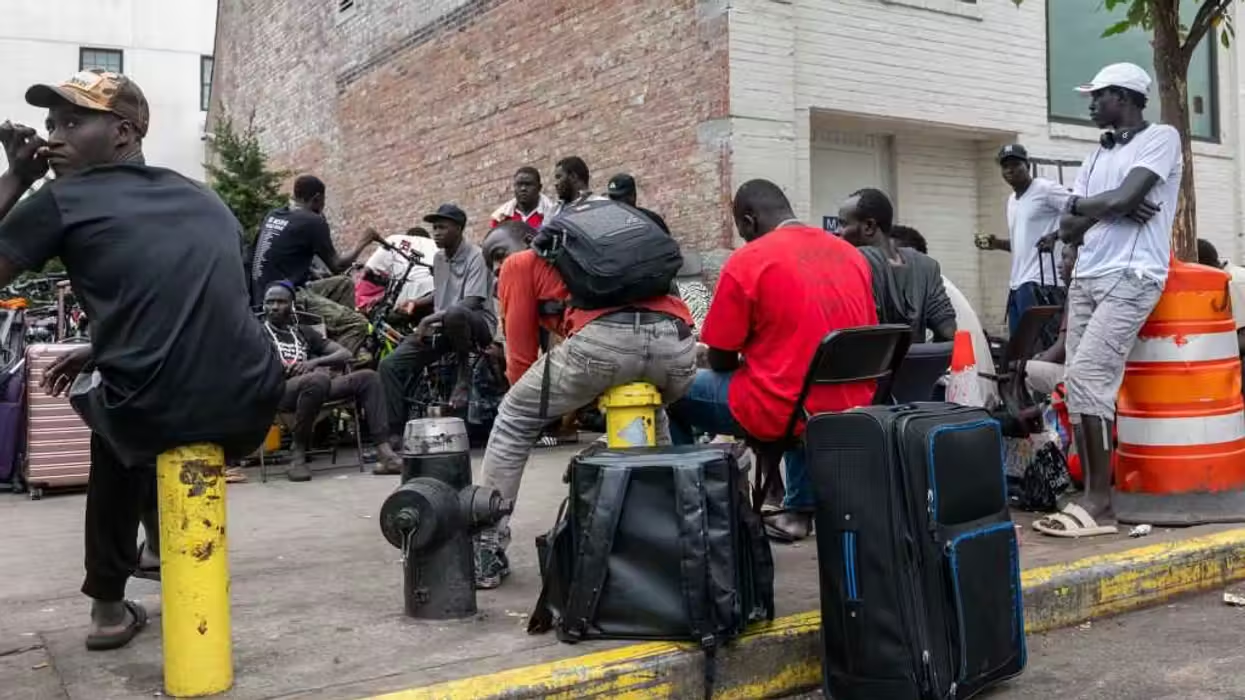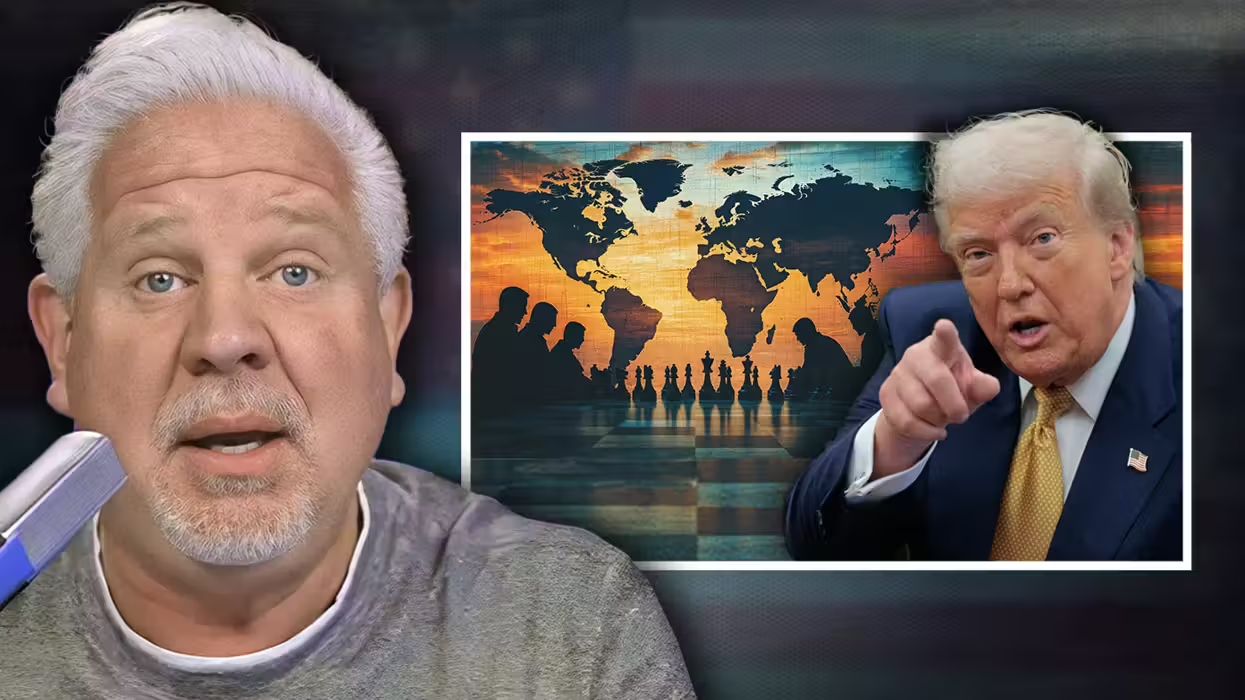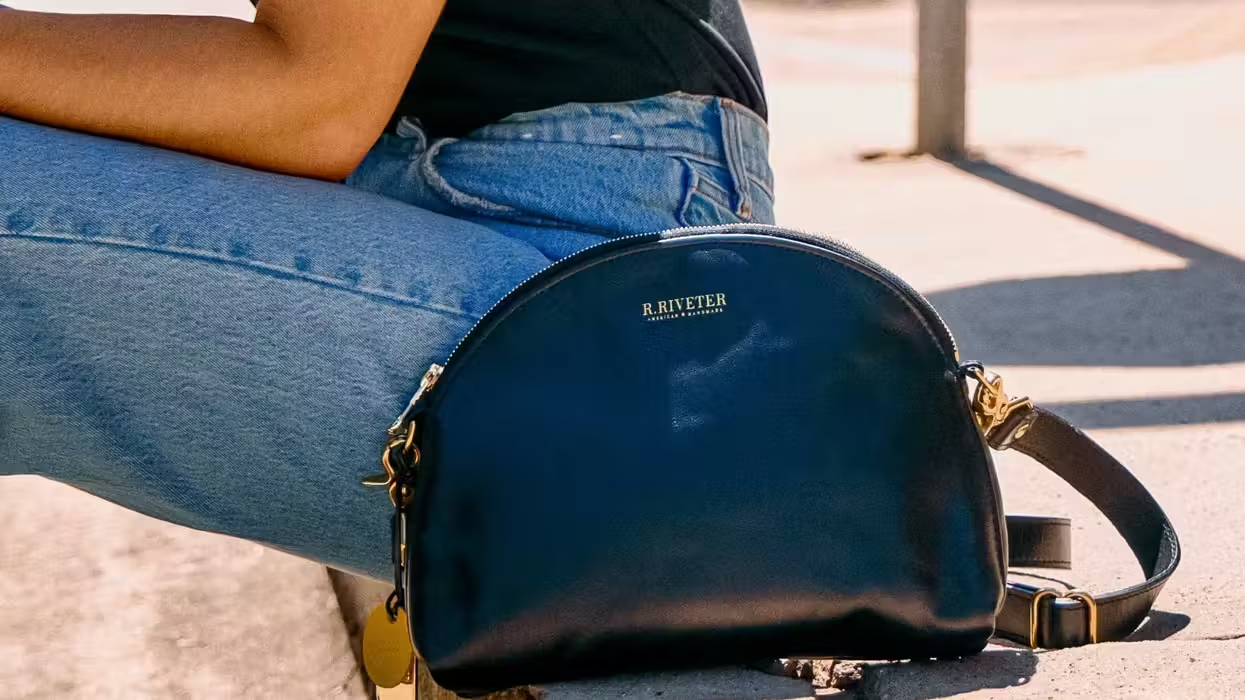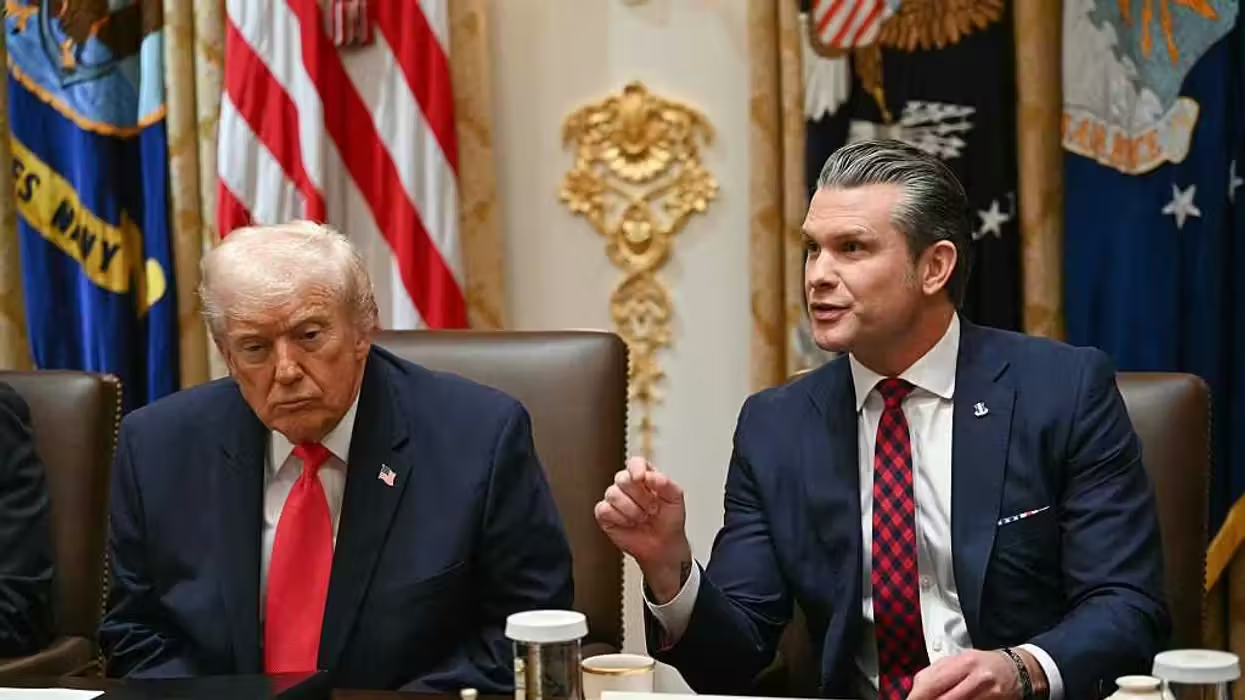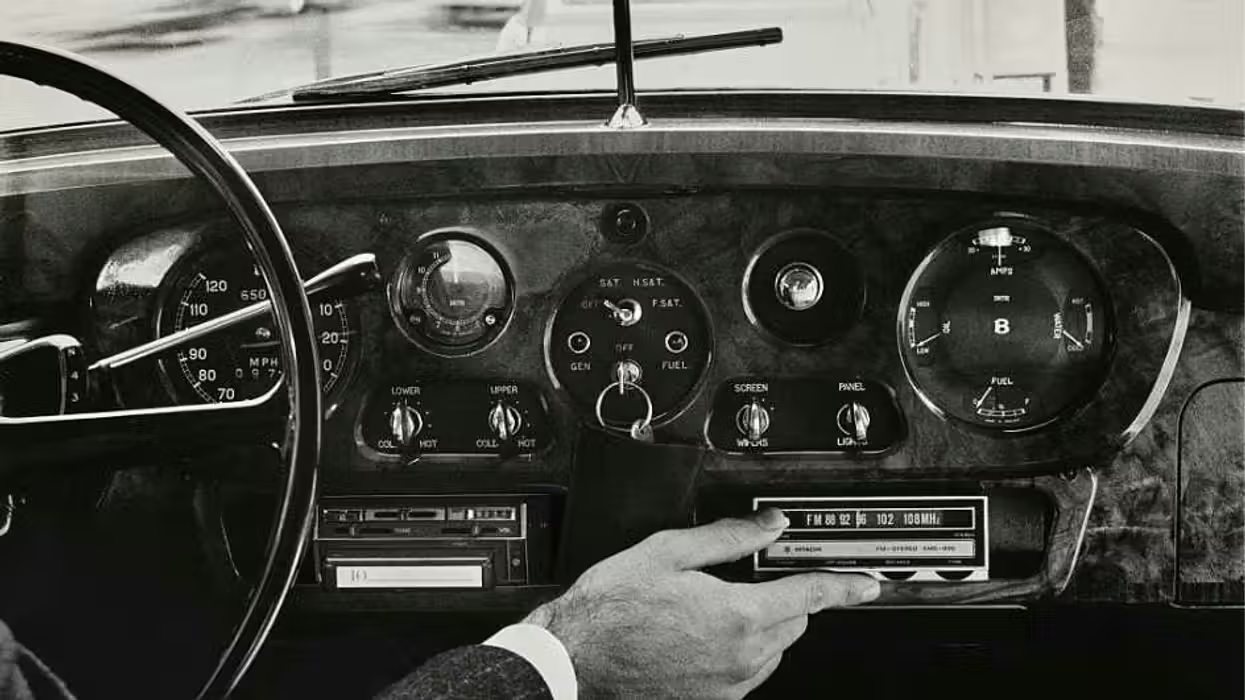
© 2025 Blaze Media LLC. All rights reserved.
Defiant Assad Doubles Down on Chemical Weapons Denial, Has a Message for Obama in New Interview
September 19, 2013
"The whole story doesn't even hold together."
WASHINGTON (TheBlaze/AP) — In a new sit-down interview, Syrian President Bashar Assad addressed many of the allegations surrounding his regime and its purported deadly actions against its own people.
Denying the most serious charges, the embattled leader disputed a recent United Nations report about the use of chemical weapons, pledged to agree to parameters laid out in an agreement being forged between the U.S. and Russia -- and issued a message for President Barack Obama.
As for the U.N. report which found that there was "clear and convincing evidence" sarin nerve gas was used in Syria, Assad said it painted an "unrealistic" account and denied that his government orchestrated the attack.
 In this photo released by the Syrian official news agency SANA, Syrian President Bashar Assad, right, meets Russian deputy Foreign Minister Sergei Ryabkov, left, in Damascus, Syria, Wednesday, Sept. 18, 2013. Credit: AP
In this photo released by the Syrian official news agency SANA, Syrian President Bashar Assad, right, meets Russian deputy Foreign Minister Sergei Ryabkov, left, in Damascus, Syria, Wednesday, Sept. 18, 2013. Credit: AP
The interview was conducted on Tuesday by former Democratic Rep. Dennis Kucinich, a Fox News contributor, and Fox News Channel Senior Correspondent Greg Palkot in the Syrian capital of Damascus; it aired Wednesday.
During the exchange Assad said terrorists were to blame for the chemical attack, which the U.S. says killed more than 1,400 people, including hundreds of children. He said evidence that terrorist groups have used sarin gas has been turned over to Russia and that Russia, through one of its satellites, has evidence that the rockets in the Aug. 21 attack were launched from another area.
Part of the confusion surrounding violence in the area, of course, centers upon the fact that the rebels are anything but homogeneous. TheBlaze recently noted that there are a plethora of groups making up opposition forces and it's unclear how many of them may have extremist leanings and would, thus, potentially be prone to using such diabolical mechanisms.
Watch Part I of the Fox interview during which Assad pledges to comply, below:
While the U.S. report did not lay blame, many experts interpreting the report said all indications were that the attack was conducted by Assad forces. U.S., Britain and France jumped on evidence in the report — especially the type of rockets, the composition of the sarin agent, and trajectory of the missiles — to declare that Assad's government was responsible.
"The whole story doesn't even hold together," Assad said. "It's not realistic. ... We didn't use any chemical weapons in Ghouta," a Damascus suburb.
As stated, Assad said his government would abide by an agreement reached with U.S. and Russian officials to give up his chemical weapons. As TheBlaze previously reported, the embattled president said he has received estimates that destroying the stockpiles would cost $1 billion and would take roughly a year.
"We didn't say that we are joining partially. ... We joined fully. We sent the letter. We sent the document. And we are committed to the full requirement of this agreement."
He said Syria was ready to talk to experts about the technical aspects of what he said would be a complicated task. He said Syria was ready to provide a list of weapons and provide experts access to the sites.
"We can do it tomorrow," he said.
"It's not about will," Assad added. "It's about technique."
While he said the Aug. 21 attack was "despicable" and "a crime," he argued that no one had verified the credibility of videos or pictures of the victims.
"You cannot build a report on videos," he said. He later added: "There's a lot of forgery on the Internet."
Watch Assad deny using chemical weapons, below:
He contended that opposition forces, which, as noted, have been joined by extremist jihadists, could have gained access to sarin.
"Sarin gas is called kitchen gas," he said. "You know why? Because anybody can make sarin in his house. Any rebel can make sarin. Second, we know that all the rebels are supported by governments. So any government that would have such chemical can hand it over."
Assad said the balance of opposition forces has shifted during the more than two-year conflict, and he alleged that 80 to 90 percent were members of al-Qaida or its affiliates.
He addresses alleged terrorism among the rebels as well:
U.S. Sec. of State John Kerry, though, recently attempted to frame the majority of rebel fighters as moderates.
“I just don’t agree that a majority are Al Qaeda and the bad guys. That’s not true. There are about 70,000 to 100,000 oppositionists,” he recently proclaimed. “Maybe 15 percent to 25 percent might be in one group or another who are what we would deem to be bad guys.”
But Assad paints a more complicated picture.
"At the very beginning, the jihadists were the minority. At the end of 2012 and during this year, they became the majority with the flow of tens of thousands from additional countries," he said adding that they were being financed by individuals who shared their extremist ideologies.
Assad said he had never talked with President Barack Obama. Asked if he wanted to, Assad said it would depend on the content of the conversation. He said his message to Obama would be to "follow the common sense" of the American people.
Watch the leader's comments about Obama, here:
"It's not a chat," he said.
Americans have been lukewarm about supporting any military strike on Syria for fear that the U.S. would be embroiled in war.
We'll leave you with Assad's comments about the future of Syria:
--
[related]
Want to leave a tip?
We answer to you. Help keep our content free of advertisers and big tech censorship by leaving a tip today.
Want to join the conversation?
Already a subscriber?
Billy Hallowell is a digital TV host and interviewer for Faithwire and CBN News and the co-host of CBN’s "Quick Start Podcast."
Billy Hallowell
Billy Hallowell is a digital TV host and interviewer for Faithwire and CBN News and the co-host of CBN’s "Quick Start Podcast."
more stories
Sign up for the Blaze newsletter
By signing up, you agree to our Privacy Policy and Terms of Use, and agree to receive content that may sometimes include advertisements. You may opt out at any time.
Related Content
© 2025 Blaze Media LLC. All rights reserved.
Get the stories that matter most delivered directly to your inbox.
By signing up, you agree to our Privacy Policy and Terms of Use, and agree to receive content that may sometimes include advertisements. You may opt out at any time.


